These dice games are fun, engaging ways to teach preschoolers numeracy…
Disclaimer: This post contains affiliate links. The price you pay is the same. However, I receive a small commission.
Right now, my kids are very interested in numbers and the alphabet.
Every day, both my almost four-year-old and five-year-old enjoy manipulating magnetic letters and numbers on the fridge. I let them explore different phonetical and numerical combinations and answer their questions as they come.
What number is this? One of them will ask after combining several digits.
What does this say? Another will ask after orchestrating a handful of letters.
Using manipulatives is one of the most effective ways to teach mathematics.
Manipulatives are integral to teaching a love of math. The reason? They allow children to construct their own cognitive models when concepts would otherwise seem arbitrary. Additionally, they can easily show their teacher or parents what their understanding of the concepts. Manipulatives are also more engaging and therefore enjoyable to work with.
Just the other day, we found new ways to learn through play with numbers. My mom added to all of this by pulling out a ziplock bag of dice. In it, she had a number of regular dice as well as ones with numbers on them. That morning, my son and I created a number of dice games. Each was simple, engaging and fun! Here’s what we did.
Dice Games For Preschoolers to Teach Numbers
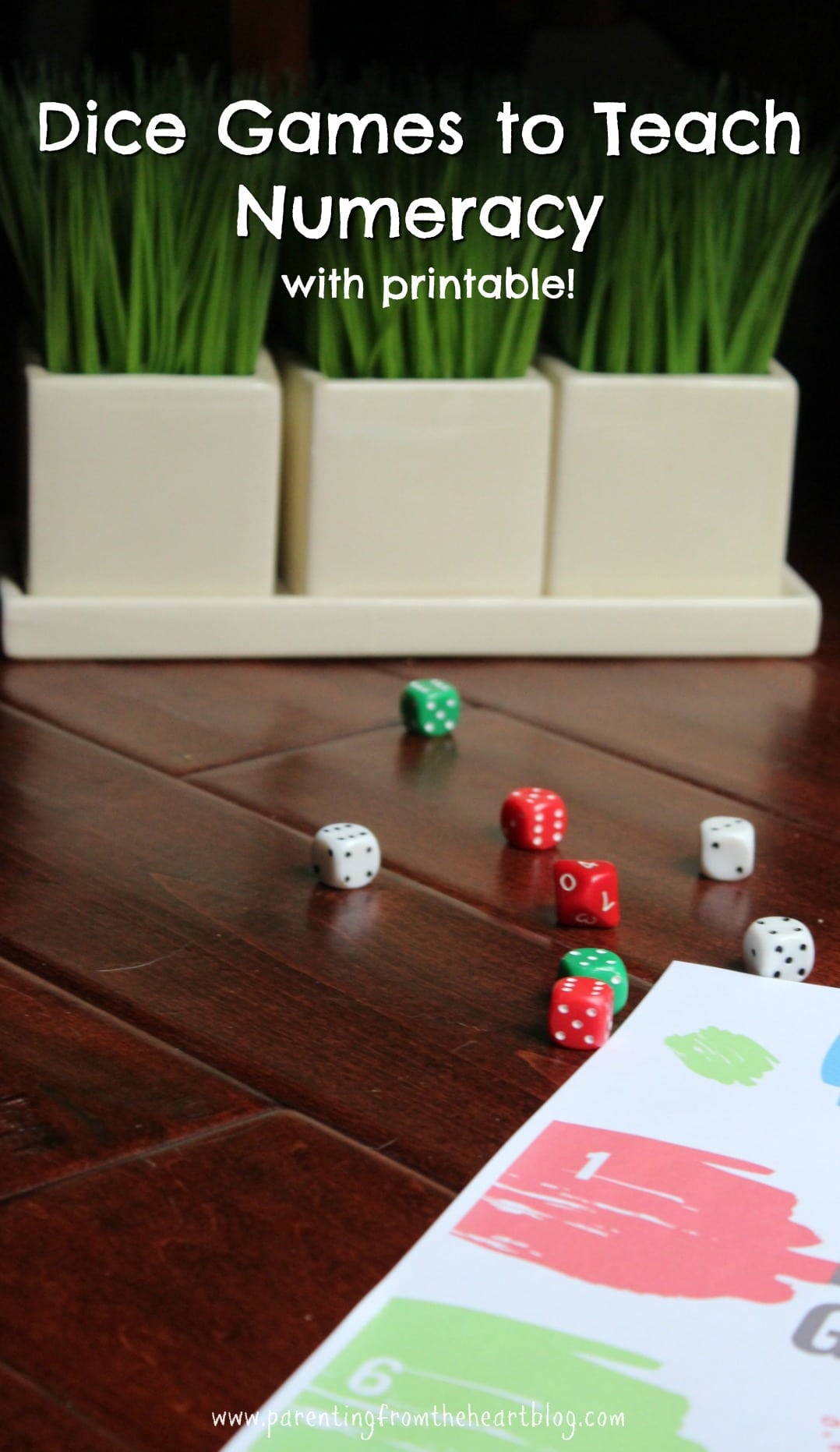
Before we ever started this, we had been playing board games for a little while. Namely, my kids have loved playing Trouble as the rules are easy to follow and the die is fun to press. Because of that, these dice games became easier to participate in.
Game 1: Greater Than // Lower Than
Roll a die each. Ask the child who had the highest number and who had the lowest. The person with the highest wins!
Game 2: Highest to Lowest
Roll a number of dice. Then take turns arranging each die from highest to lowest.
Game 3: Match the Numbers
Roll a regular die (one of the ones with the dots) and a die with numbers. Take turns where you and then your child match the regular die with the one with digits.
Game 4: Group Numbers
Use several dice with both dots and digits. Take turns rolling all of them and then grouping the same numbers with each other.
Game 5: Mix it up!
Combine the different dice games to make things more complicated!
I hope you enjoy these simple math games as much as we did!







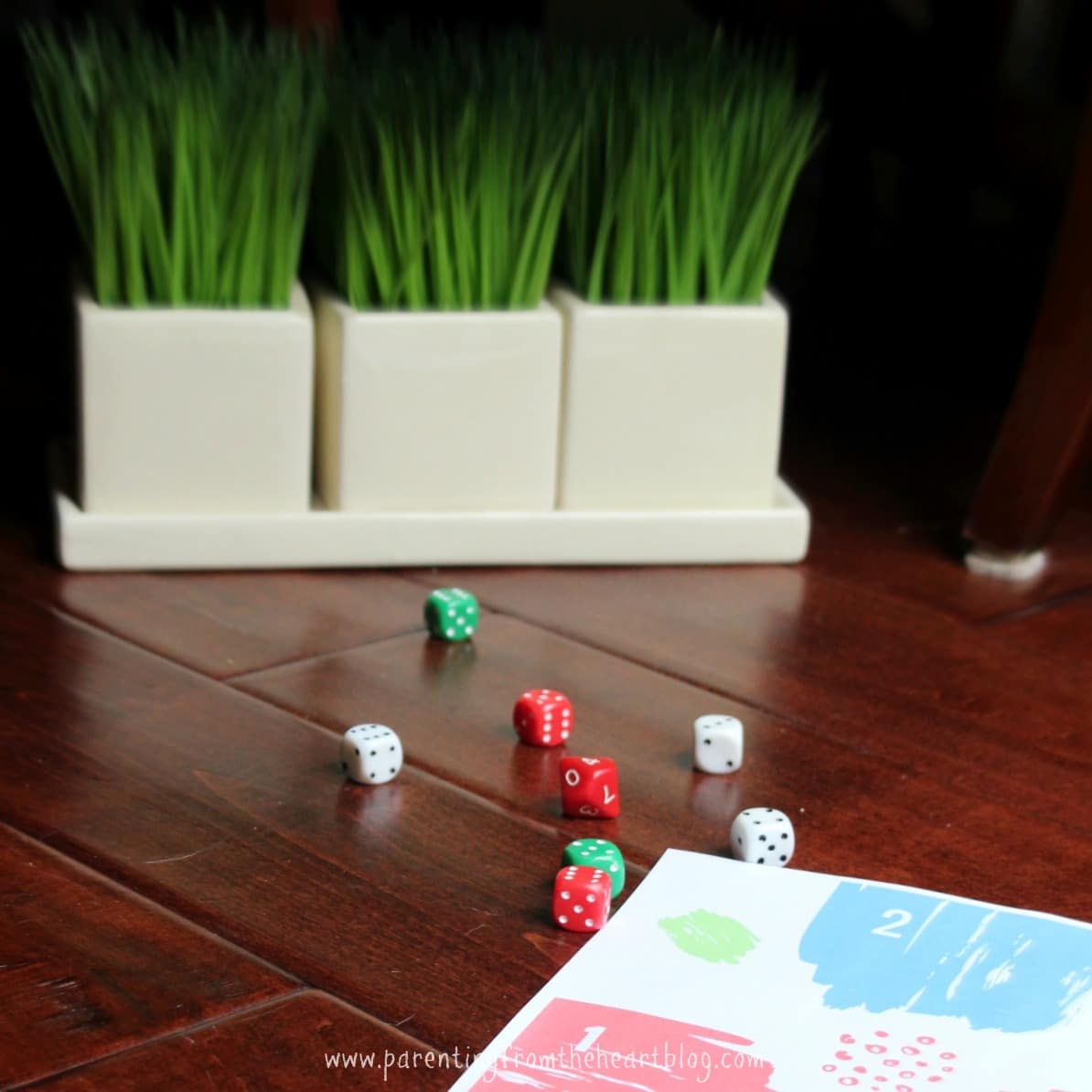

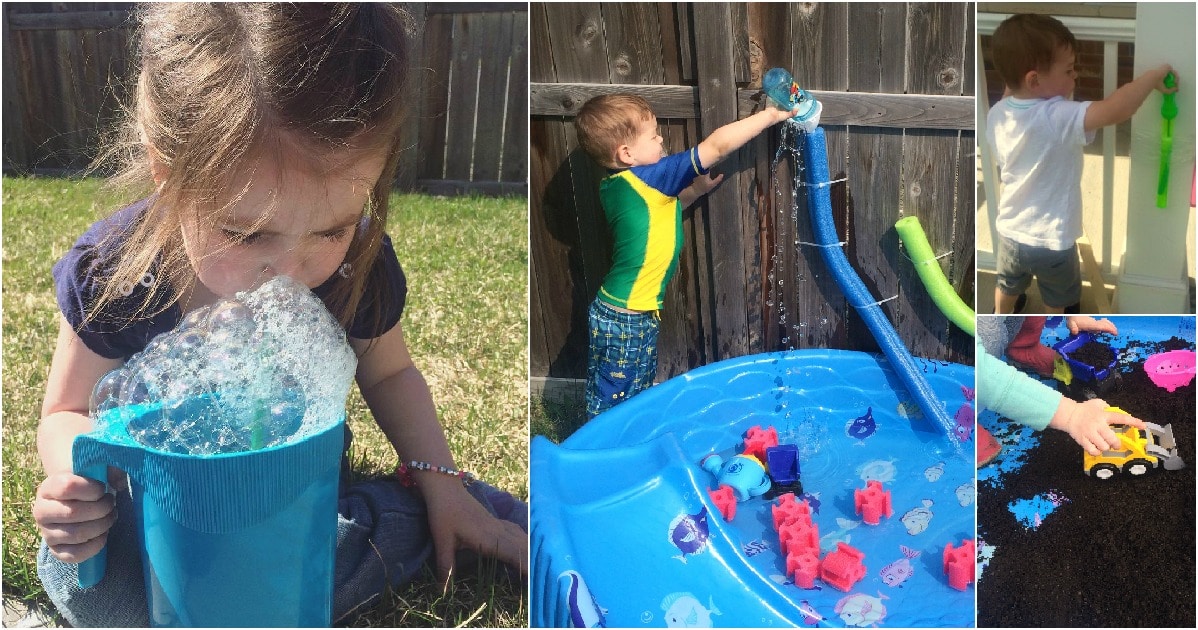
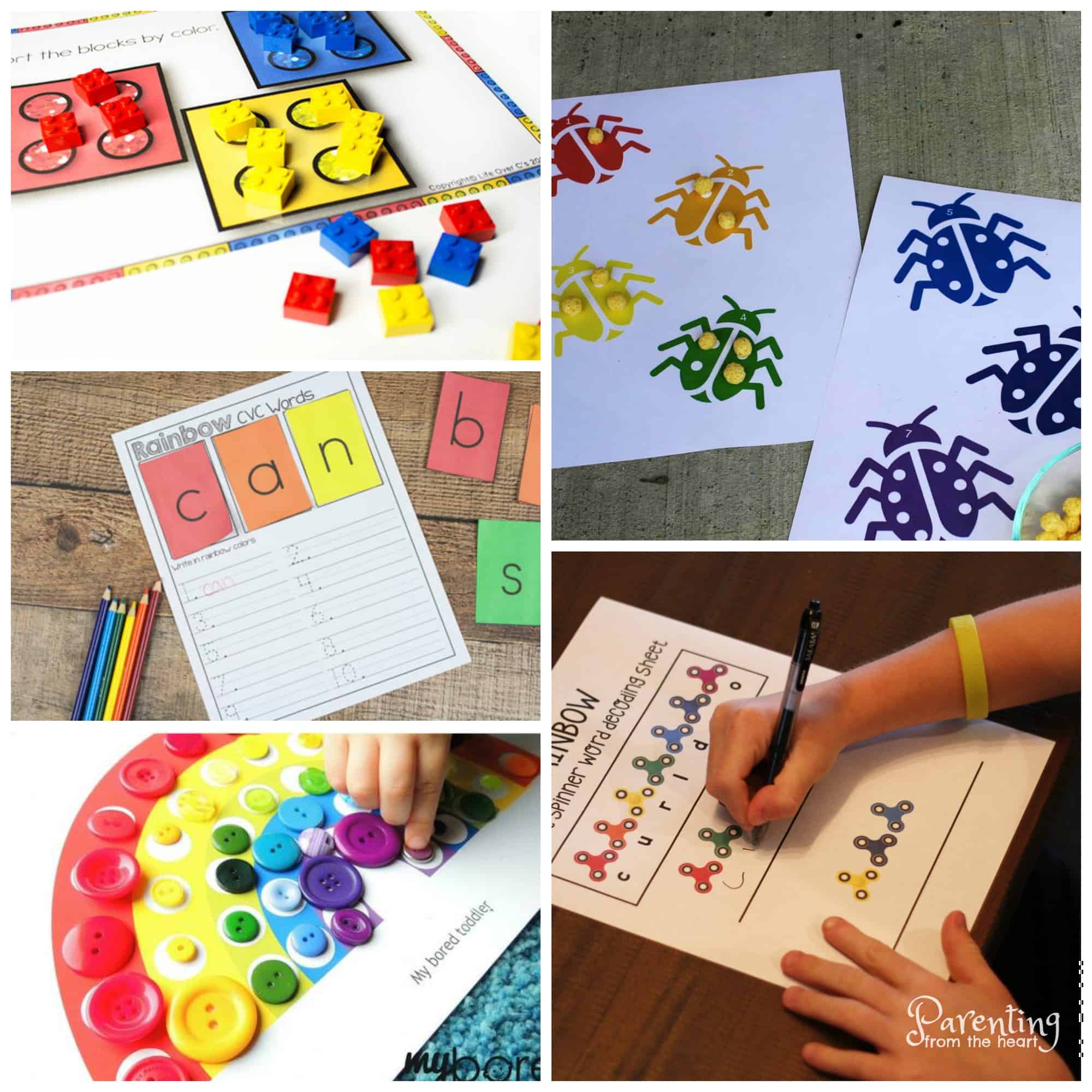
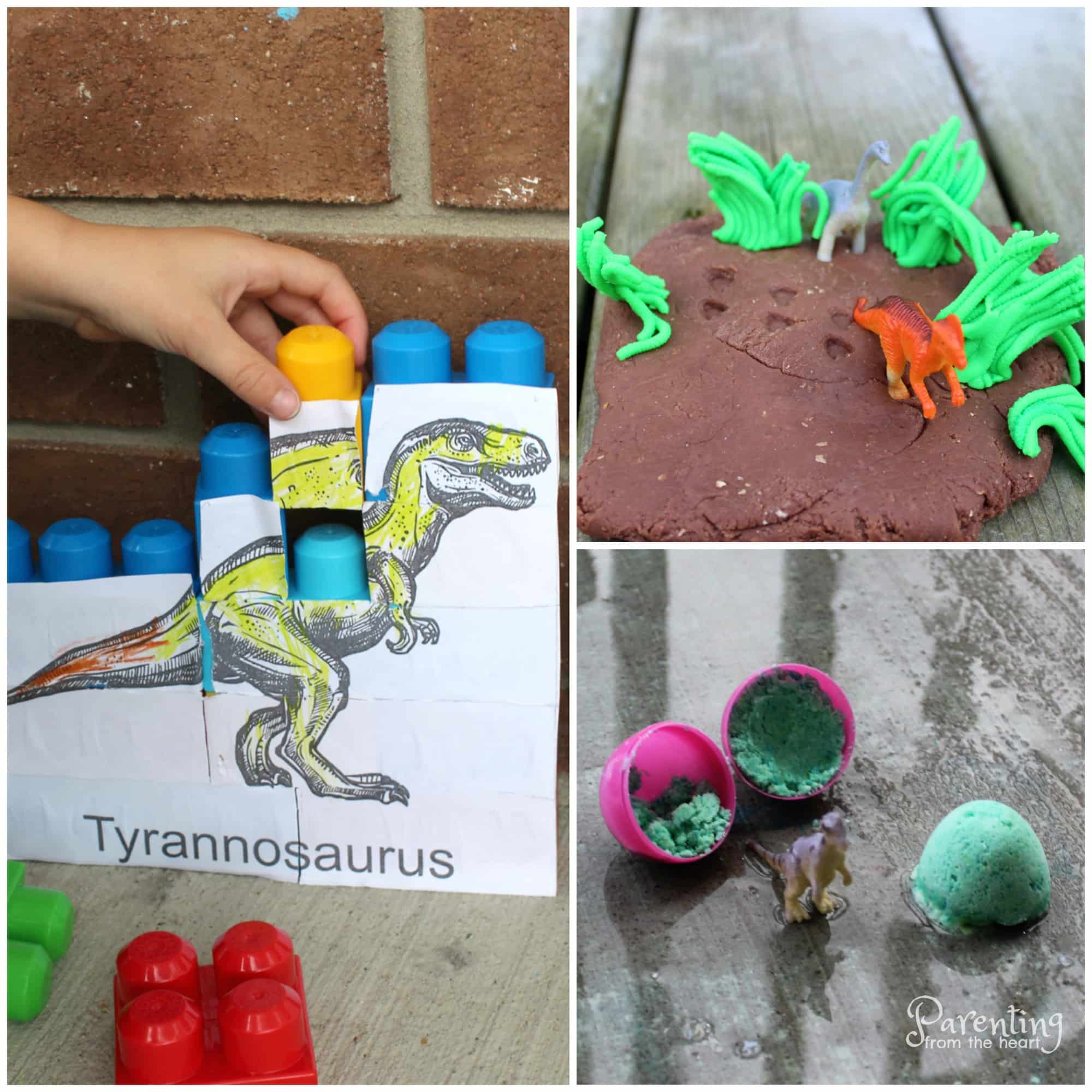
great! this is a great way to get my toddler interested in numbers or alphabets for that matter.
(learningmamma.blogspot.com)